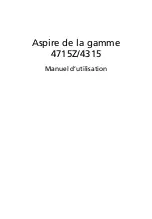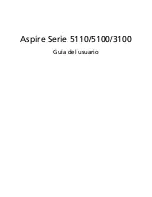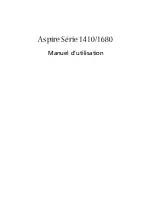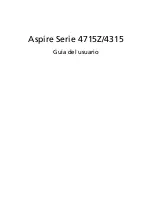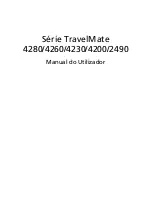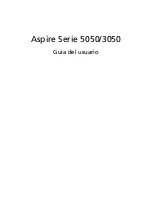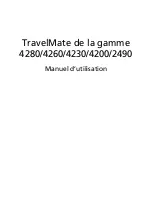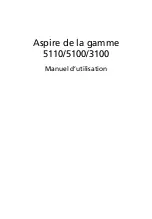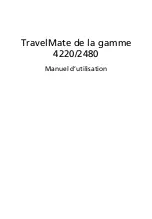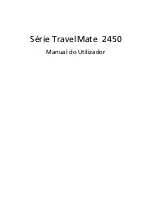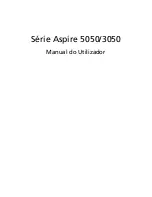
10-
GB
Two ways of connecting to a sound source
The input jack of this recorder works as both digital and analog input jacks. Connect the
recorder to a CD player or a cassette recorder using either digital input or analog input. To
record, see “Recording with digital input” (page 11) to record using digital input, and
“Recording an MD right away!” (page 6) to record using analog input.
Difference between digital and analog inputs
z
Various ways of recording
Connectable source
Usable cord
Signal from the source
Recorded track
numbers
Recorded sound level
Equipment with an analog
(line) output jack
Line cable (with 2 phono
plugs and a stereo-mini plug)
Analog
Even when a digital source
(such as a CD) is connected,
the signal sent to the recorder
is analog.
Marked automatically
•after more than 2 seconds
of blank or low-level
segment.
•when the recorder is paused
while recording.
You can erase unnecessary
marks after recording
(“Erasing a track mark”, page
20).
Adjusted automatically.
Can also be adjusted
manually (“Adjusting the
recording level manually”,
page 13).
Equipment with an optical
digital output jack
Digital cable (with an optical
and an optical-mini plug)
Digital
Marked (copied)
automatically
•at the same positions as the
source.
•when the recorder is paused
while recording.
You can erase unnecessary
marks after recording
(“Erasing a track mark”,
page 20).
Same as the source
Note
Track marks may be copied incorrectly :
•when you record from some CD players or multi disc players using digital input.
•when the source is in shuffle or program play mode while recording using digital input. In this
case, play the source in normal play mode.
•when recording BS or CS programs through digital input.
Difference
Input Digital input
Analog (line) input


























